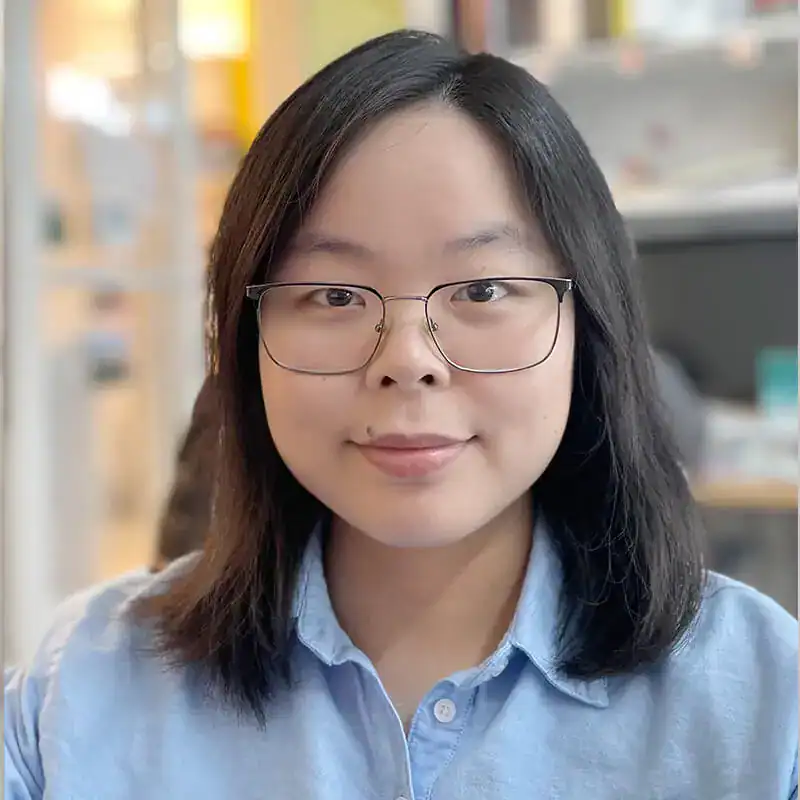The immune system plays a vital role in detecting and eliminating cancer, but tumors often evolve ways to suppress immune activity and escape control. While extensive research has focused on tumor-immune interactions, a growing body of evidence suggests the nervous system also shapes immune responses in cancer. However, how nerve signals influence immune cells in the tumor microenvironment remains poorly understood.
Dr. Linglin Huang’s research investigates how sensory neurons, which detect inflammation and transmit pain signals, interact with immune cells in tumors. Early findings suggest that neuropeptides released by these neurons may suppress or enhance the body’s anti-tumor immune response. Using cutting-edge genetic tools, single-cell technologies, and computational analysis, Dr. Huang will map neuropeptide signaling pathways and test whether blocking specific neuropeptides can strengthen immunotherapy. Because many neuromodulatory drugs are already FDA-approved for other conditions, this research may accelerate the development of new cancer treatments. “If we can repurpose existing neuromodulators to boost immune activity, we could unlock faster, safer ways to improve patient outcomes,” she explains. Dr. Huang is a computational biologist and biostatistician whose research spans multiple fields, with a primary focus on cancer immunology. During her PhD at Harvard University, she developed statistical methods for analyzing single-cell RNA sequencing data, enabling more robust interpretations of immune dynamics. As a postdoctoral fellow, Dr. Huang will use her multidisciplinary background to explore how nerve signaling shapes anti-tumor immunity and to uncover new therapeutic strategies in cancer immunology.
Sponsor
Vijay Kuchroo, PhD, DVM, and Martin Hemberg, PhD
Research Focus
Cancer, neuro-immune crosstalk, anti-tumor response
Projects and Grants
Dissecting neuroimmune interactions in the tumor microenvironment to enhance anti-tumor immunity
